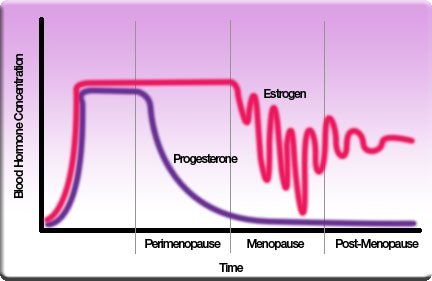GUM DISEASE & WOMEN
Gum disease affects 8 in 10 people in New Zealand. Read on to find out how to protect yourself from this chronic problem.
What is gum disease?
Gum disease (periodontal disease) is an inflammatory disease of the gums and the supporting structures of your teeth. It is the body’s natural reaction to harmful bacteria and the toxins they produce. It is a major cause of tooth loss. Periodontal disease was once known as ‘pyorrhoea.’ Fifty years ago it was not uncommon for people to have all their teeth out because of ‘pyorrhoea of the gums.’ Fortunately we now know a lot more about the disease and how to treat it.
Periodontal disease is caused by plaque. It can be divided into gingivitis and periodontitis.
Puberty, Pregnancy and Menstruation
Elevated levels of the hormone progesterone and possibly oestrogen can cause an increase in blood supply to the gums. This may make the gums more susceptible to irritation. Where previously they were unaffected by existing levels of food and plaque, they may now become inflamed much more readily and allow periodontal disease to develop.
Progesterone and oestrogen levels increase steadily during pregnancy. Puberty also causes similar hormonal changes, especially in the early stages. Some woman may also experience menstruation gingivitis. Woman’s progesterone levels rise just before their period and may be accompanied by bleeding, red, swollen gums. Usually this resolves once her period starts.
Menopause and Post-Menopause
The main cause of menopause related mouth problems is the steady decrease in oestrogen levels. Decreased oestrogen reduces saliva flow and its ability to wash the mouth clean. This is one of the gums’ main defences. The hormone changes also weaken the tissues in the mouth and women can experience burning mouth syndrome and altered taste.
In all these cases it is very important to be particularly diligent with your home care, keeping your teeth as clean as you can. It is often helpful to increase the frequency of your hygienist treatments during these times. We can help with advice on how to manage dry mouth symptoms which may have other serious effects on teeth and increase decay.
Discover Dental


